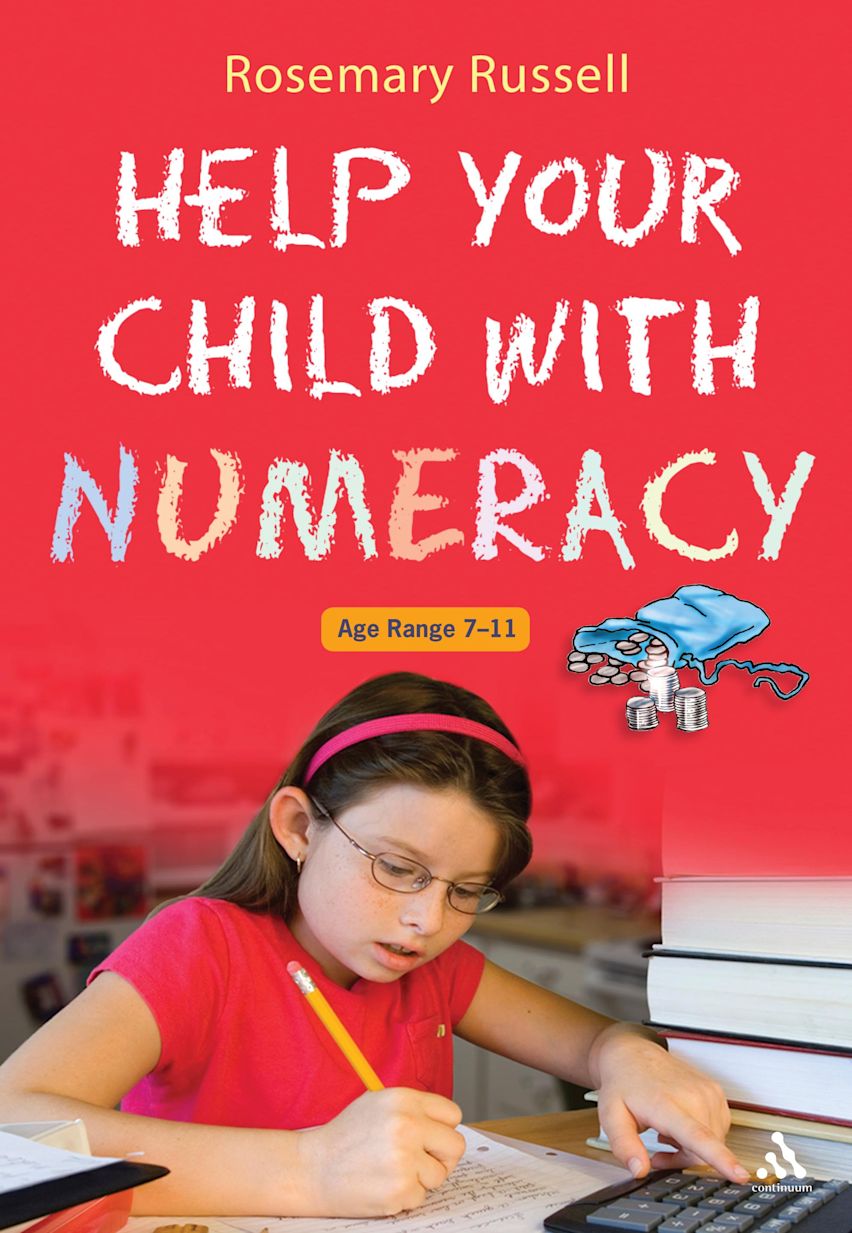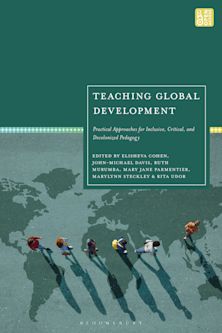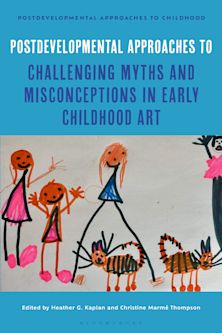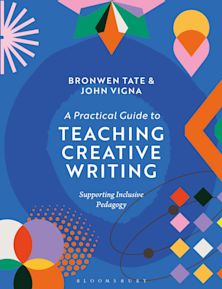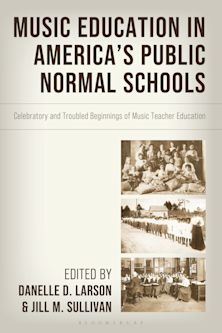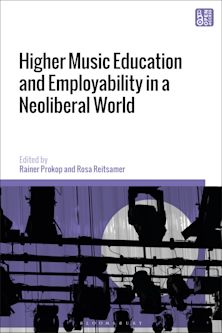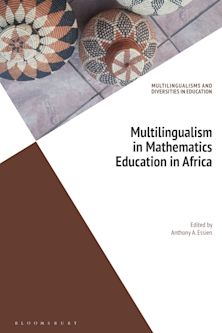- Home
- ACADEMIC
- Education
- Teaching Specific Subjects
- Help Your Child With Numeracy Ages 7-11
Help Your Child With Numeracy Ages 7-11
You must sign in to add this item to your wishlist. Please sign in or create an account
Description
Maths is good for you! Research has shown that:
*Numeracy exercises are very good for the brain
*In the long term, numeracy helps employment prospects, and
*Maths qualifications can lead to more earning power
Are you the parent or carer of a young child, keen to help with school work at home - but worried that you might not do a good job? Presented as a colourful and easy-to-follow guide, this book will demystify what children are being taught in school and is brimming with ideas on how you can help your child with their numeracy at home.
It will:
Secure your own knowledge
Give you ideas of how to help your child
Provide exercises to do with your child
Show you what schools are trying to do
Lead you to more resources
And most important of all, it will help you make maths fun!
Rosemary Russell has much experience helping parents help their children with their numeracy skills. This book will show you that you are the very best person for the job, and will give you the incentive to spend quality time with your child so that you can learn together and improve your child's chances to do well and be happy in school.
Table of Contents
Maths is good for you!
How this book will help
Moving on
The most important help - providing the right environment
Everyday maths
Start from where they are
Lots of ways to learn
Praise and encouragement - building self-esteem
Great expectations - but not too great!
Schools
National Curriculum
Key Stages
Numeracy Strategy
Numeracy Hour
Typical Lessons
SATs and assessment
Levels
Using and Applying Mathematics
Background
Strategies to help
Break down the problem into simple steps
One-step, two-step and multi-step problems
Understand what the problem is about
Understand what calculations are required
How you can help your child
Counting and Understanding Number
Background
Units, tens, hundreds and thousands: How our number system works
An extract of our number system
Rewriting a number in smaller units
Starting off
Decimals
Multiplying and dividing by 10, 100, 1000
Ordering numbers and the symbols > and <
Counting in different steps
Negative numbers
Making connections - sequences
Ordering decimals
Fractions, decimals and percentages
Equivalent fractions
Finding a fraction of an amount
Decimal fractions
Percentages
Finding a percentage of an amount
Ration and proportion
Estimation
How to make an estimate
The rule for rounding
Knowing and Using Number Facts
Knowing number facts and doubling and halving
Learning tables
Inverse operations
Estimating and checking calculations
Calculating
Stages in learning addition
Subtraction
Multiplication
Division
Understanding Shape
Angles
Measuring
How to convert between metric units
Metric and Imperial units
Area and perimeter
Compound shapes
Calculating areas of rectangles
Use of formulae
Time
24-hour clock and 12-hour clock
Length of journeys using 24-hour clock
Handling Data
Three types of average: the mode, the median and the mean
Probability
Glossary
Appendix 1 Multiplication Square
Appendix 2 Useful Resources
Appendix 3 Metric/|Imperial Conversions
Appendix 4 Answers
Product details
| Published | Apr 15 2009 |
|---|---|
| Format | Ebook (PDF) |
| Edition | 1st |
| Extent | 112 |
| ISBN | 9781441155498 |
| Imprint | Continuum |
| Illustrations | 19 |
| Publisher | Bloomsbury Publishing |
About the contributors
Reviews
-
"This is an excellent resource for any parent who wants to support their child's learning. The teaching of numeracy has changed so much since they were at school. Rosemary Russell explains current approaches in straightforward, easy to follow steps. Many adults who have struggled with maths may find they too are helped to understand concepts for the first time. This is a very readable and well presented guide to Key Stage 2 National Curriculum Maths." Sheila Burton, Area Principal Educational Psychologist. Co-author of Emotional Wellbeing: an introductory handbook. October 2008
Sheila Burton
-
"In refreshingly jargon-free style, Help Your Child with Numeracy Ages 7-11, explains the major mathematical ideas now taught. Parents baffled by children coming home and talking about 'empty number lines' or doing calculations differently to how they were taught should find this book helpful in demystifying school mathematics. This book will support parents in having meaningful conversations about maths with their children and so may help make learning numeracy more enjoyable for all." Dr Mike Askew Professor of Mathematics Education, King's College London. Visiting Distinguished Scholar, Math in the City, City University New York, November 2008
Professor Mike Askew
-
Title mention in article by the author in The Independent, 2007











